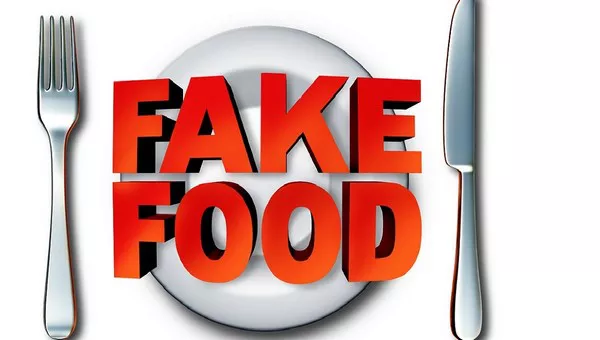The World Trade Organization (WTO) has raised concerns about the significant damage illicit trade and food fraud cause to international markets and public health.
A recent WTO report emphasizes the need for preventive measures, highlighting that proactive strategies are more cost-effective for both governments and the food industry.
The report, which includes insights from the WTO’s Annual Agriculture Symposium held in December 2023, underscores the severity of the issue. Adulterated or contaminated food products pose serious health risks to consumers, while counterfeit goods that lack advertised ingredients undermine consumer trust and destabilize the food supply chain. These fraudulent activities also lead to trade barriers due to safety concerns.
WTO’s Role and Measures
To combat food fraud, the WTO relies on tools such as the Agreement on Sanitary and Phytosanitary Measures, which allows member nations to regulate food imports based on scientific risk assessments, and the Agreement on Technical Barriers to Trade, which helps countries address deceptive practices.
Ngozi Okonjo-Iweala, the WTO Director-General, highlighted that this issue affects all continents and numerous agri-food sectors, including olive oil, honey, essential oils, wines, and spirits. “We need to leverage these agreements and the entire WTO toolbox to fight illicit trade and food fraud. The playing field must be leveled to eliminate all forms of illegal trade and fraudulent activities,” she stated.
The global cost of food fraud is estimated to be between $30 to $50 billion annually. The report suggests a comprehensive response involving regulatory measures, enforcement, industry cooperation, and consumer education.
Economic and Regulatory Implications
Experts warn that unlawful trade and food fraud give fraudulent operators an unfair competitive edge, disrupt supply chains, and disadvantage legitimate businesses. Increased controls to combat these issues can raise the cost of trade and inadvertently affect legitimate products caught up in regulatory efforts.
Jeffrey Hardy, Director-General of the Transnational Alliance, cautioned that the illicit food trade might become more prevalent due to high food demand and population growth. He pointed out that as long as the profits for traffickers exceed the risks of detection and punishment, illegal activities will continue to thrive.
Maximo Torero, chief economist at the UN Food and Agriculture Organization (FAO), identified vulnerabilities in e-commerce, new food sources and production systems, the informal sector, and organized crime as significant concerns.
Helen Medina, CEO of the World Spirits Alliance, noted that the spirits sector is particularly vulnerable, with one in four bottles of spirits illicitly traded through smuggling, fraud, and tax evasion.
Quincy Lissaur, executive director of SAFE, stressed that the complexity and length of supply chains provide ample opportunities for fraudsters. He added that testing alone is insufficient, and customs officers lack the resources to inspect every food shipment.
International Efforts and Solutions
Ambassador Chenggang Li of China discussed his country’s border efforts to combat illicit trade, including fighting trademark infringement, implementing a modernized system for monitoring imported food safety, and using social media to enhance transparency and public awareness.
The WTO’s focus on food fraud underscores the need for a coordinated global approach to protect consumers, ensure fair trade practices, and maintain trust in the food supply chain.

























